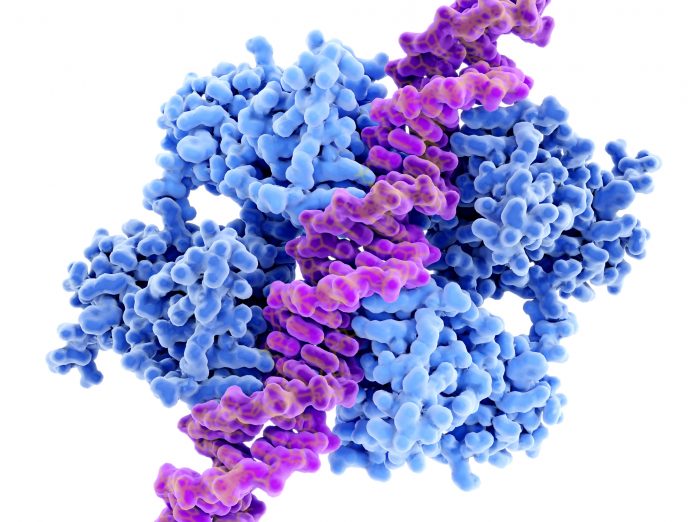
Precision medicine company Tempus announced on Thursday that it will collaborate with Kartos Therapeutics to develop a companion diagnostic (CDx) to be used in the biopharma company’s ongoing Phase II clinical trial of navtemadlin (KRT-232), to identify patients with TP53 wild-type (TP53WT) Merkel cell carcinoma (MCC) who may be eligible for treatment with the drug candidate. Navtemadlin is a selective orally available MDM2 inhibitor that overcomes MDM2 dysregulation by restoring p53 activity and inducing apoptosis of TP53WT tumor cells.
“This partnership will allow us to develop a test to identify cancer patients who may benefit from treatment with navtemadlin; a therapy which offers a unique mechanism to restore the function of p53, one of the most critical tumor suppressor proteins, resulting in apoptosis of malignant cells in TP53WT MCC and other tumor types,” said Jesse McGreivy, MD, chief executive officer and chief medical officer at Kartos Therapeutics.
Although rare, MCC is one of the most aggressive and lethal types of skin cancer, associated with a high risk of recurrence and metastasis, making it very difficult to treat. While anti-PD-1/L-1 antibodies have become standard of care for advanced or metastatic MCC, there remains an need for effective therapies for patients who fail to respond, relapse or are intolerant to immunotherapy.
Navtemadlin is currently moving through clinical trials and development across a number of different indications. The most advanced program is the company’s Phase III BOREAS trial (NCT03662126) targeting Patients with myelofibrosis who are relapsed or refractory to JAK inhibitor treatment. The company is also recruiting patient for Phase I and Phase II trials for navtemadlin in acute myeloid leukemia (AML), chronic myeloid leukemia (CML), B-cell malignancies, and small-cell lung cancer.
Navtemadlin is an investigational therapy targeting the MDM2 protein, a negative regulator of the activity of the known tumor suppressor gene p53, which plays a central role in life cycle of cells in the human body. However, certain cancer types exhibit an abnormal increase in the levels of MDM2, which effectively shuts down the ability of p53 to fight cancer cell growth. Navtemadlin has shown an ability to inhibit high levels of MDM2 and restore p53 function.
For the CDx development, Tempus will leverage its comprehensive genomic profiling xT assay, a 648-gene panel, next-generation sequencing assay is designed to detect actionable oncologic targets by sequencing tumor samples with matched normal saliva or blood samples. Using the xT panel, Tempus will seek to identify patients with advanced or metastatic MCC who have retained functional (wild-type) TP53 and who have failed or are intolerant to anti-PD-1/L-1 immunotherapy.
“Our proprietary platform provides a comprehensive suite of solutions for novel drug development programs while also giving physicians the data needed to make informed treatment decisions for their patients,” said Michael Yasiejko, executive vice president of Tempus. “We look forward to supporting Kartos’ diagnostic efforts in identifying cancer patients who could benefit from a more personalized approach to their treatment using a widely-available assay and clinician-friendly tools.”











